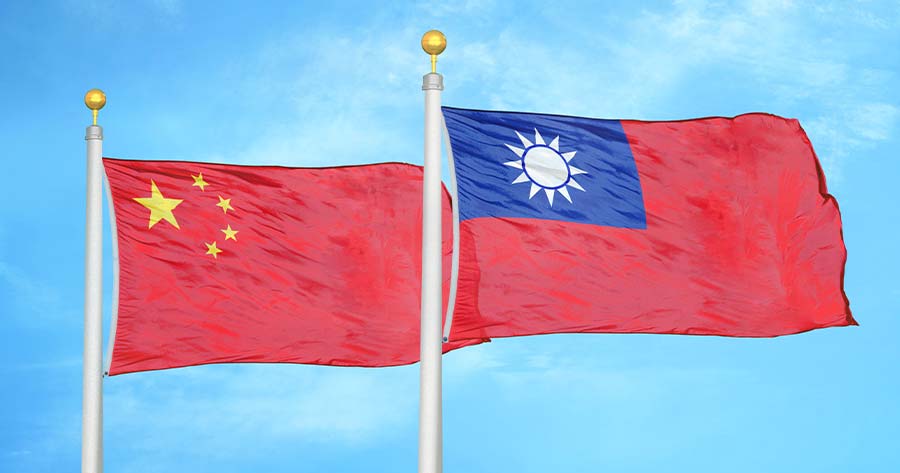China’s Ministry of Commerce has imposed sanctions on Boeing and two U.S. defense companies for their involvement in arms sales to Taiwan, coinciding with Taiwan’s presidential inauguration.
These sanctions are part of China’s ongoing efforts to penalize defense firms engaged in weapon transactions with Taiwan, a region it considers as part of its territory.
The Ministry of Commerce has included Boeing’s Defense, Space & Security unit, General Atomics Aeronautical Systems, and General Dynamics Land Systems on an “unreliable entities” list, prohibits them from further investment in China, and imposes travel restrictions on their senior executives.
Following the freeze of General Atomics Aeronautical Systems and General Dynamics Land Systems assets in China in April, Taiwan’s newly inaugurated President Lai Ching-te has expressed intentions to bolster the country’s defense capabilities through the procurement of advanced fighter jets and other cutting-edge technologies.
General Dynamics operates several Gulfstream and jet aviation services facilities in China, underscoring the nation’s dependence on foreign aerospace technology, despite efforts to strengthen its domestic aerospace sector. The company’s involvement includes the production of the Abrams tank, which Taiwan plans to acquire to modernize its defense against potential Chinese aggression.
Meanwhile, General Atomics, known for its Predator and Reaper drones utilized by the U.S. military, has faced scrutiny regarding potential arms sales to Taiwan.
China’s sanctions also targeted Boeing’s President and CEO of Defense, Space and Security, Ted Colbert, following a lucrative contract award to supply Harpoon missiles to Taiwan in 2022.
Amid increasing military provocations from China’s People Liberation Army, Taiwan has experienced heightened tensions, with frequent fighter jet patrols and naval operations near its borders.
The full extent of the impact of Beijing’s punitive measures on Boeing and other implicated companies remains uncertain. While the U.S. restricts arms-related technology exports to China, defense contractors often have civilian aerospace ventures that could be affected by such sanctions.





